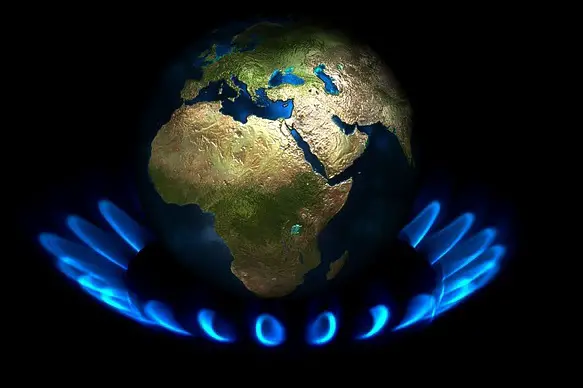Deloitte reported Thursday that China will be reliant on imports of clean hydrogen until the nation manages to achieve almost complete self sufficiency between 2050 and 2060.
It is expected China will rise to become the biggest importer of clean hydrogen, utilizing 13 million tons every year by 2030 as it seeks to decarbonize its economy. Beijing has set a goal of achieving carbon neutrality by 2060.
It s projected that by 2050 China’s own clean hydrogen market will reach $265 billion annually.
Will Symons, Asia Pacific Climate and Sustainability Leader at Deloitte said, “Our research suggests that Asia-Pacific will capture almost 55% of the [clean energy] market in 2030, driven by skyrocketing demand in China, India, Indonesia, Japan and Korea.”
Symons went on to assert that in Europe, demand will grow to ten million tons with Japan and South Korea requiring 7.5 million tons.
Li Guohui, vice president of China Petroleum Pipeline Engineering Corporation (CPPEC) said last week that by 2060 total demand for hydrogen in China will grow to 100 million tons per year.
He says that by 2050 in China, all hydrogen produced will be shipped to its destination through a 6,000-kilometer pipeline network linking the northern provinces and cities, among them Ningxia, Inner Mongolia, Hebei, Beijing, Tianjin and Heilongjiang.
Chinese energy titan PetroChina began construction in March of the country’s first pipeline to transport clean hydrogen that it has produced at the oilfield it operates in China’s Gansu province in the north.
Once completed by the beginning of next year, it is expected the project will generate 7,000 tons of clean hydrogen per year and produce 278 kilowatt hours of electricity.
Deloitte noted that the global hydrogen economy will need to produce roughly 170 million tons of hydrogen per year by 2030, and nearly 600 million tons by 2050 to reach carbon neutrality.
Clean hydrogen in produced from both renewable sources of energy and fossil fuels through the use of carbon capture and storage technology, which counteracts the use of fossil fuels and reduces the amount of greenhouse gasses such as carbon dioxide contributing to climate change.


